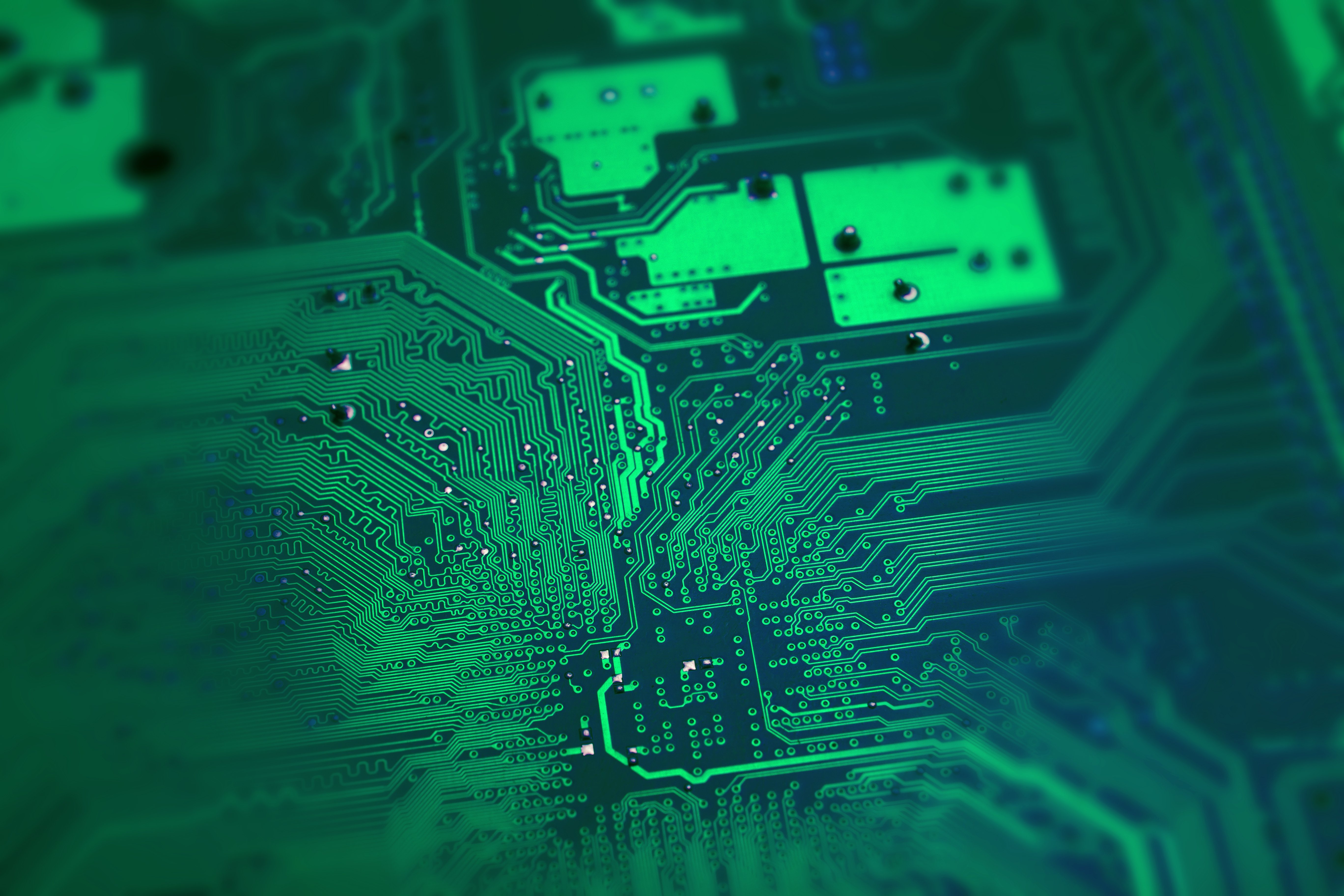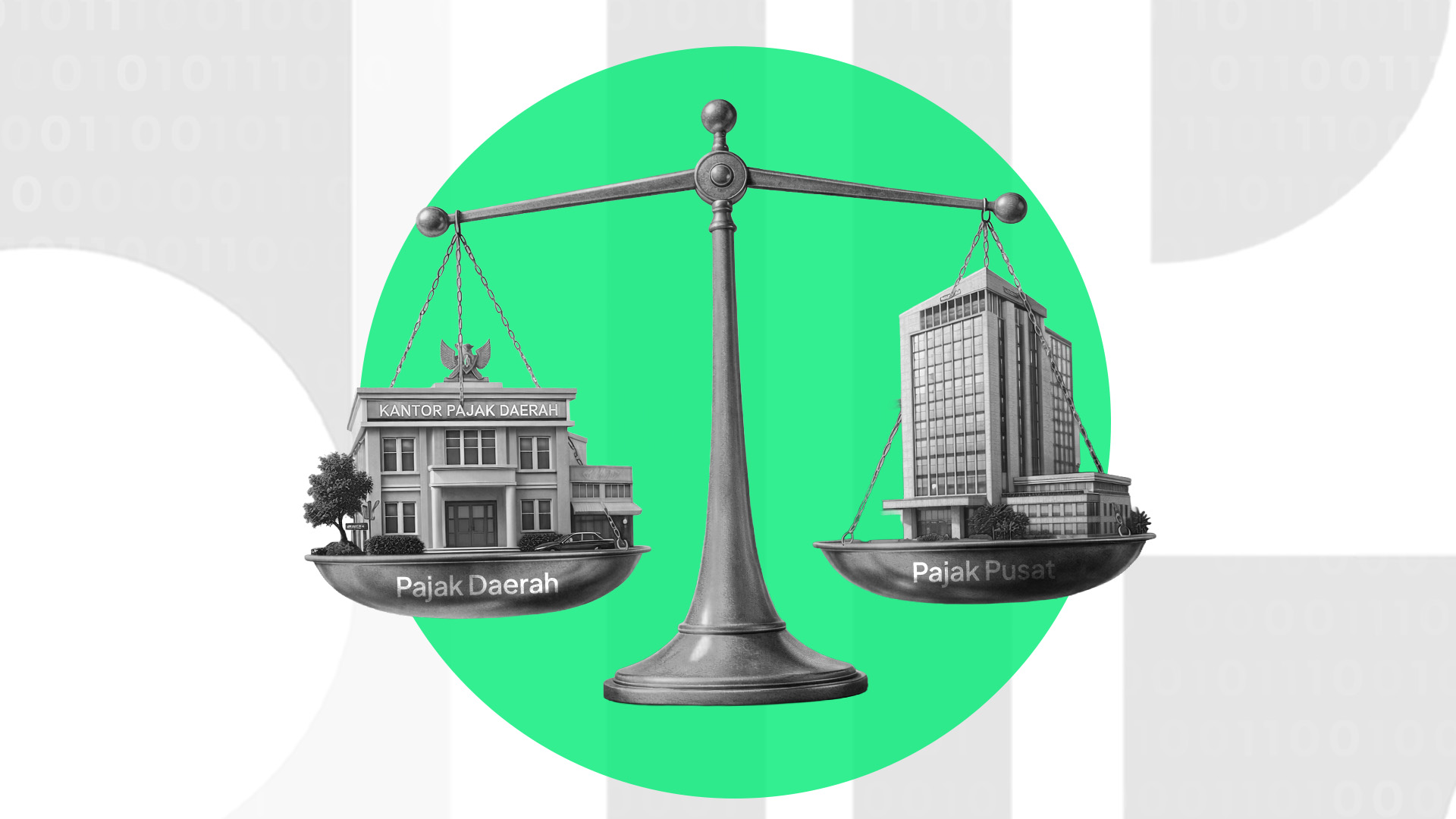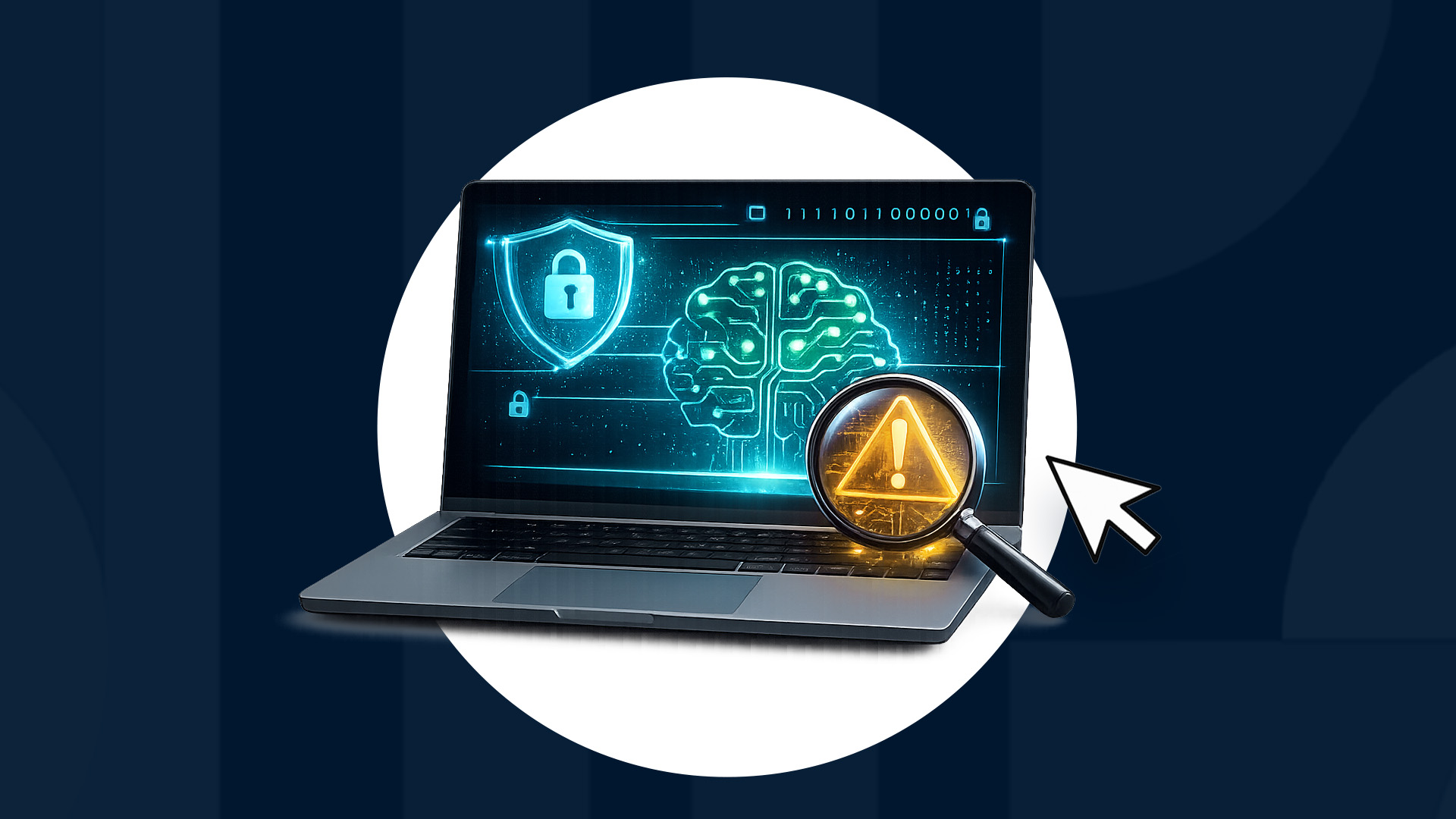The development of the internet has brought numerous benefits to personal data security. How did its technology evolve and get applied? Read this article for more information.
The development of the internet has significantly changed everyday life. It allows us to connect, share information, and perform various activities more easily and quickly. However, this development also comes with new challenges regarding personal data security.
In this article, we will discuss the history of personal data protection and the impact of internet development on personal data security.
The History of the Internet's Impact on Personal Data Security
The development of the internet has had a significant impact on various aspects of life, including personal data security. Here is its history:
1. Early Days of the Internet (1960s to 1980s)
The internet originated from the ARPANET project developed by the U.S. Department of Defense in the late 1960s. Its purpose was to create a computer network that could withstand wartime conditions. At this time, personal data security was not a major concern because the internet was still limited to military and academic circles.
2. Growth of Commercial Internet (1990s)
In the 1990s, the internet began to develop commercially with the emergence of the World Wide Web (WWW). The number of internet users increased rapidly, and companies started doing business online. However, with this growth came various threats such as computer viruses, malware attacks, and data breaches.
3. Emergence of E-commerce and Encryption Technology (Early 2000s)
During this period, the internet began expanding into e-commerce, increasing the need for personal data security. Encryption technology, such as Secure Sockets Layer (SSL), started being used to protect online transactions. However, with the increased use of the internet for financial transactions, attacks like phishing and hacking also became more common.
4. Era of Social Media (Early 2000s to 2010s)
In the early 2000s, social media platforms like Facebook and Twitter became popular. Internet users began sharing personal information online without fear. This created opportunities for identity theft and other cyber crimes. Cyber attacks such as malware, ransomware, and phishing also grew more prevalent.
5. Regulation and Data Protection (2010s to Present)
As awareness of the importance of personal data security increased, various regulations began to be enforced. In Indonesia, regulations such as the Electronic Information and Transactions Law (UU ITE) were implemented to regulate data security.
6. Era of Advanced Technology and New Challenges (2020s)
Currently, technologies such as artificial intelligence (AI) and the Internet of Things (IoT) are advancing. Although these technologies bring many benefits, they also present new challenges in personal data security. Some of these include deepfake, AI-driven phishing, and IoT attacks. Tech companies are competing to create technologies that can counter these attacks.
Technological Developments for Protecting Personal Data
The internet went through several phases before technologies to protect personal data were developed. What are these technological developments?
1. Data Encryption
Encryption is a method that converts information into a code that can only be read by someone with the decryption key. The use of encryption has become a standard in online communication, especially for financial transactions and the exchange of sensitive data. Examples of encryption include SSL (Secure Sockets Layer) and TLS (Transport Layer Security), which are used to protect data during transmission over the internet.
2. Multi-Factor Authentication (MFA)
Multi-factor authentication is a method that enhances security by requiring users to provide two or more pieces of evidence before accessing an account or system. MFA usually combines something the user knows (like a password), something they have (like a phone for receiving verification codes), and something that is part of the user (like a fingerprint).
3. Identity and Access Management (IAM)
IAM is a framework that helps organizations manage digital identities and user access rights. IAM includes processes for user registration, granting and revoking access rights, and monitoring user activities.
4. Artificial Intelligence (AI) and Machine Learning (ML)
AI and ML are used to detect and respond to security threats more quickly and accurately. AI-based systems can analyze patterns and behaviors to detect suspicious activity or anomalies in data. With these capabilities, AI plays a role in preventing cyber attacks and protecting personal data.
Threats of Internet Development to Personal Data
The development of the internet also impacts personal data security. Here are some potential risks:
1. Identity Theft
One of the biggest negative impacts of the internet is identity theft. Cyber criminals can steal personal information such as ID numbers, addresses, birth dates, and other sensitive information. This data can then be used to commit fraud, open bank accounts, or apply for loans in the victim's name.
2. Phishing
Phishing is a method where perpetrators impersonate a trusted entity to trick victims into revealing their personal or financial information. Perpetrators send emails, text messages, or fake websites containing links designed to steal victims' personal data.
3. Hacking and Malware
The development of the internet has also brought threats of hacking and malware distribution. Hackers inject malicious software that is downloaded without the user's knowledge. Once inside, hackers can steal data, damage systems, or even lock victims' data and demand a ransom (ransomware).
4. Tracking and Data Collection
Tracking and data collection are negative impacts that are often unnoticed. Many websites and applications collect users' personal data without clear permission. This information is often used to create user profiles that can then be sold to third parties for purposes that violate privacy.
5. Data Breaches by Companies
Many companies collect personal data from users to open accounts and use their applications. If companies are not careful, this process can become the starting point for data breaches. Breaches occur when information is stolen by hackers, resulting in personal information being spread on the internet and misused by irresponsible parties.
From encryption to AI, the development of the internet has helped protect sensitive information from cyber threats. However, personal data security does not rely solely on technology; collaboration between users, service providers, digital security system providers, and regulators is necessary.
It is crucial to choose a reliable digital security system provider to protect personal data. One such provider is VIDA. VIDA's verification services are designed with complete control over the entire verification process. Recently, VIDA launched Deepfake Shield, a technology that enhances the security of the verification process against deepfake fraud.
For companies, safeguarding the digital identity verification process for users is no longer optional but a necessity.
Jun 23, 2024
The Journey of the Internet and Its Impact on Personal Data Security
The development of the internet has brought numerous benefits to personal data security. How did its technology evolve and get applied? Read this article for more information.


Types of Taxes and the Convenience of the Coretax System
Learn about the different types of taxes in Indonesia, their benefits, and how Coretax supports secure, integrated tax reporting.
February 11, 2026
.jpeg)
The New Digital Crime Economy: Why AI-Driven Fraud Syndicates are the 'Startups' of the New Era
AI-powered attacks—such as large-scale deepfake attacks, synthetic identity fraud, and automated device farms—are effectively eroding trad...
February 03, 2026

AI Used for Fraud Detection: How Does It Work?
Fraud is becoming harder to detect with traditional methods. Learn why AI is reshaping how organizations identify and prevent digital fraud...
January 28, 2026
.png)